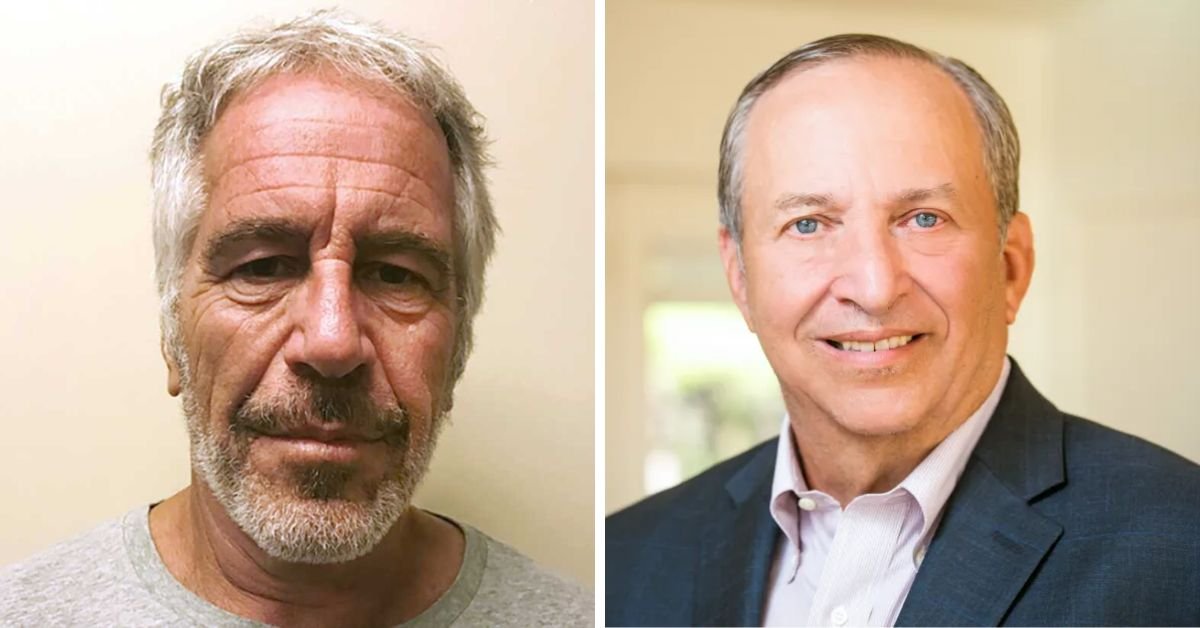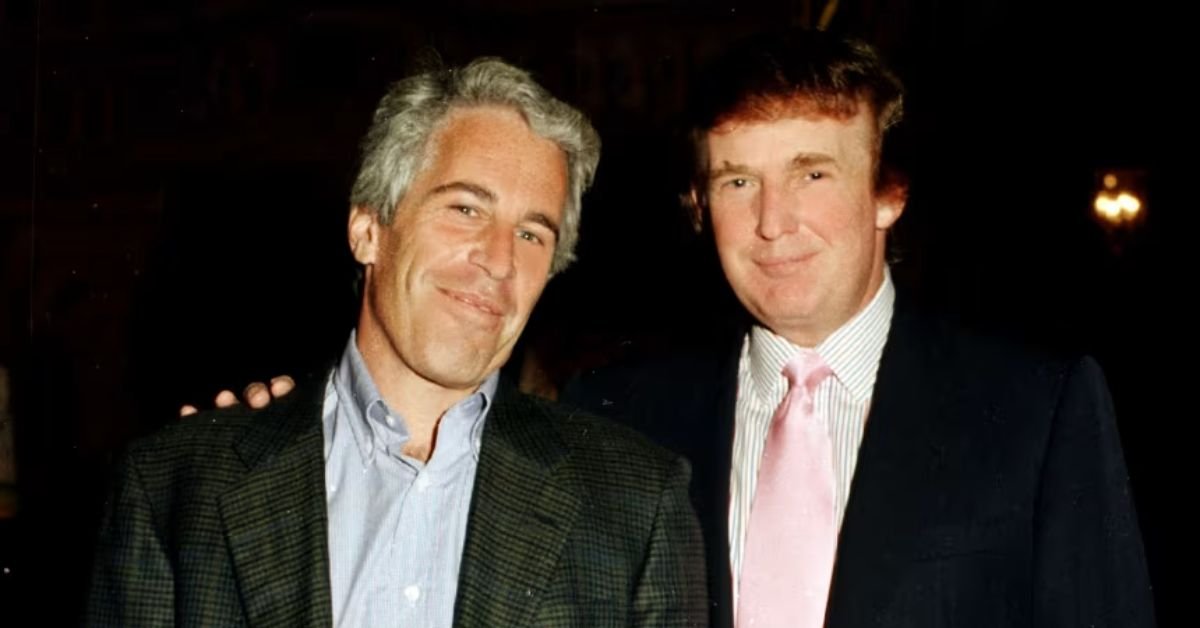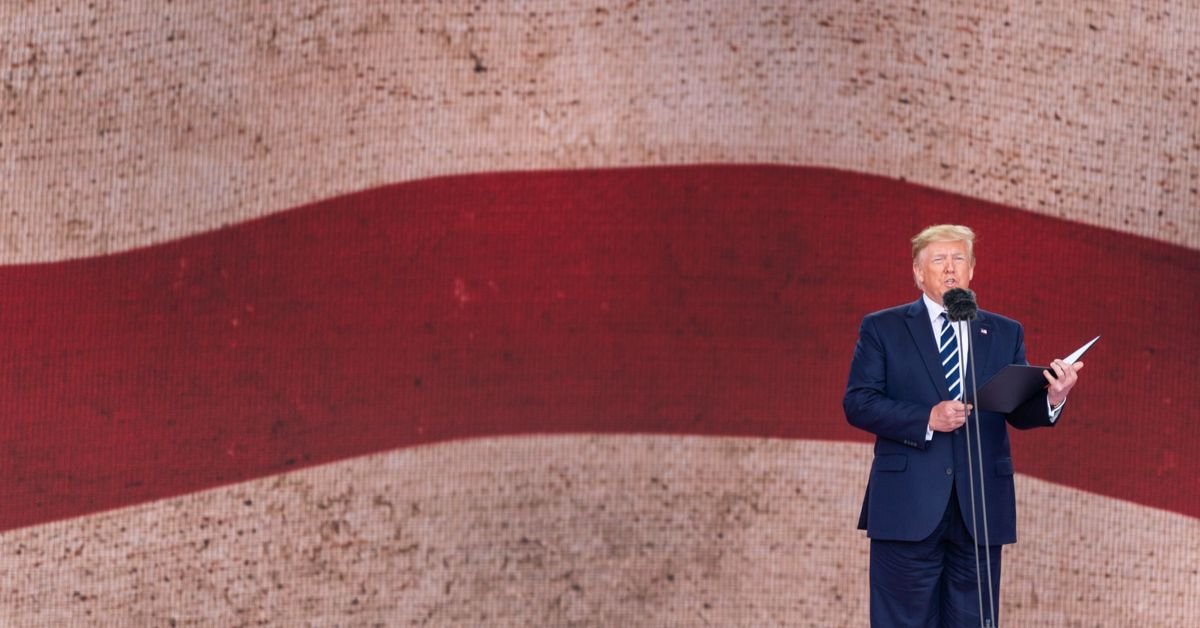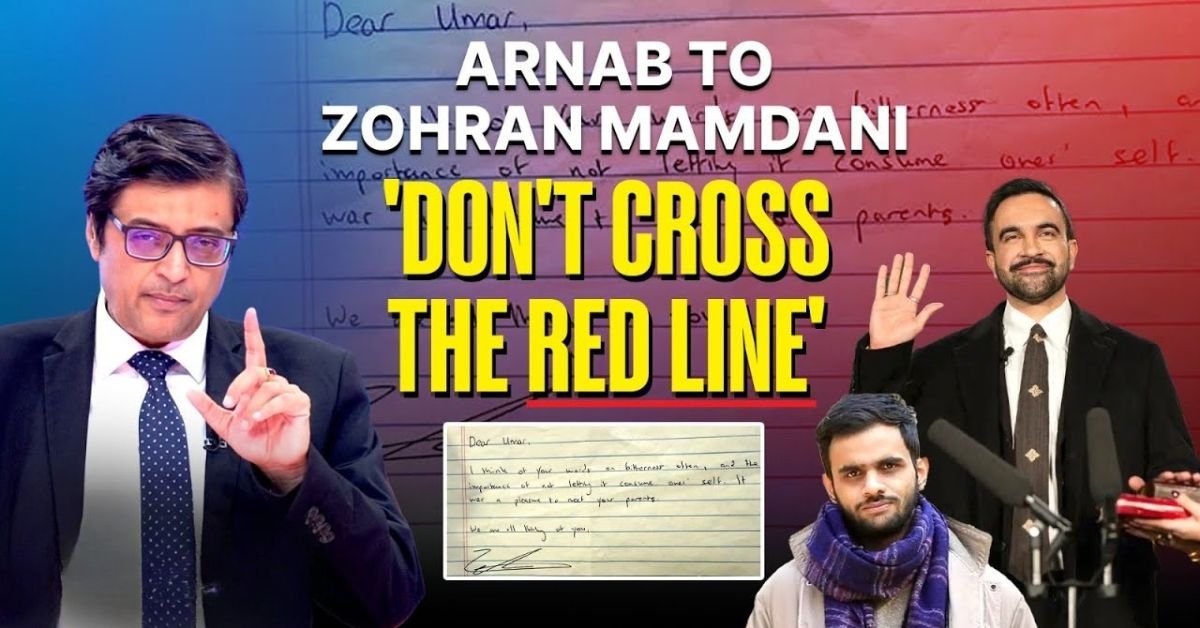Table Of Contents
Harvard University has opened a fresh investigation into former president Lawrence H. Summers’ relationship with the late financier and convicted sex offender Jeffrey Epstein, following the mid-November 2025 release of thousands of previously undisclosed documents by a U.S. House committee.
The newly public emails and messages, spanning 2013 to 2019, paint a far more intimate and sustained friendship than Summers or Harvard had previously acknowledged, prompting the university to revisit its earlier findings and evaluate whether further action is required.
A Relationship That Went Well Beyond Fundraising
Lawrence H. Summers served as Harvard’s 27th president from 2001 to 2006.
During and after his tenure, Jeffrey Epstein donated more than $9 million to the university and continued visiting campus even after his 2008 conviction for procuring a minor for prostitution.
A 2020 internal Harvard review examined the university’s overall acceptance of Epstein’s gifts and post-conviction access but concluded that those gifts had not influenced academic or administrative decisions.
The report mentioned Summers only in passing.
The newly released materials tell a different story:
- Hundreds of exchanged messages touching on politics, Harvard initiatives, personal matters, and romantic advice.
- Summers sought Epstein’s counsel on how to message women he was interested in, with Epstein offering to serve as a “wing man.”
- Discussions involving Summers’ wife, Harvard professor emerita Elisa New, thanking Epstein for helping secure funding for her “Poetry in America” project.
- Continued contact well into 2019, more than a decade after Epstein’s first conviction and only months before his arrest on federal sex-trafficking charges.
Summers has never been accused of participating in or having knowledge of Epstein’s criminal activities at the time they occurred.
In statements since the documents surfaced, he has described the relationship as “a major error in judgment” and said he is “deeply ashamed.”
Harvard’s Response
On November 19, 2025, university spokesperson Jason Newton confirmed:
“Harvard is conducting a review of information concerning individuals at Harvard included in the newly released Jeffrey Epstein documents to evaluate what actions may be warranted.”
The review extends beyond Summers to his wife and nearly a dozen other current and former Harvard affiliates named in the files.
Immediate Consequences For Summers
The fallout has been swift:
- Summers initially announced he would step back from public appearances while continuing to teach.
- Within days, he took a leave of absence from teaching, relinquished his directorship of the Mossavar-Rahmani Center for Business and Government, and resigned from the board of OpenAI.
- The New York Times declined to renew his contributing-writer contract, and several think tanks and advisory roles have ended their association with him.
- Prominent voices, including Senator Elizabeth Warren (herself a former Harvard faculty member), have called on the university to sever all remaining ties, arguing that the revealed lapses in judgment disqualify him from continuing to teach or advise students.
Broader Context
The document release stems from ongoing congressional efforts to shed light on Epstein’s extensive network, accelerated by recent legislation requiring the Department of Justice to disclose additional Epstein-related files.
While the Summers revelations have dominated headlines at Harvard, they form only one piece of a much larger and still-unfolding examination of how a convicted sex offender maintained access to some of America’s most prestigious institutions for years.
Harvard has not announced a timeline for concluding its new review, and no predetermined outcomes have been indicated.
As the university grapples with yet another chapter of the Epstein scandal, the episode serves as a stark reminder of how personal misjudgments at the highest levels of academia can reverberate long after the fact.






